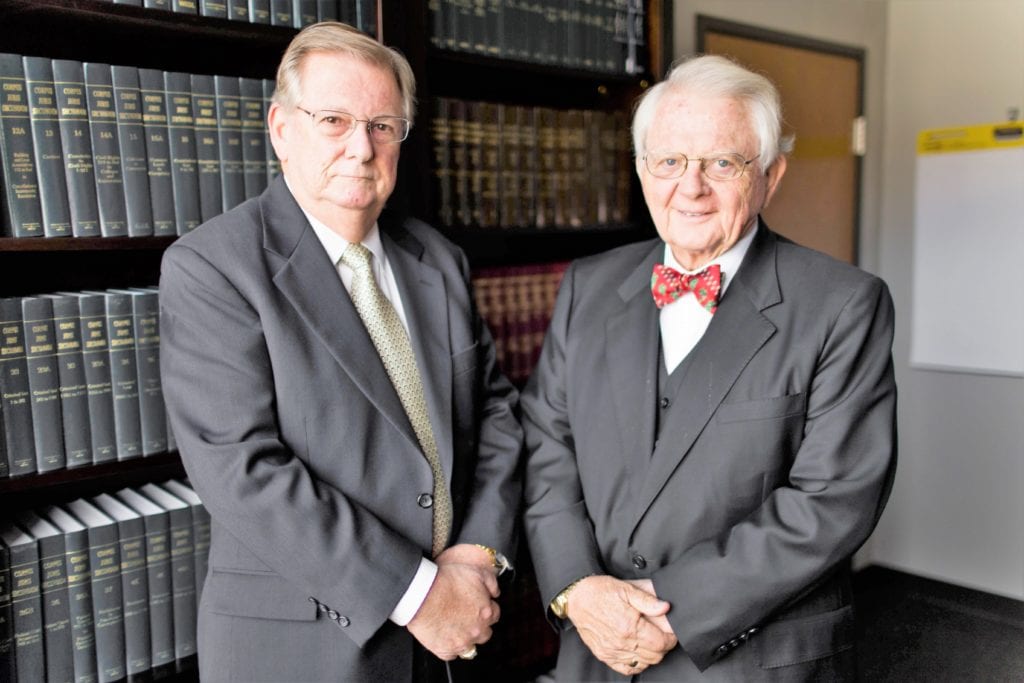With over 50 years of experience practicing family law in various Northeastern Oklahoma courtrooms, Robert G “Hap” Fry Jr. has long been considered the industry “gold standard” of Tulsa family law excellence.

So when the iconic Tulsa family law attorney was invited to participate in the Annual Family Law CLE Day put on by the Tulsa County Bar Association (TCBA) this past December, it was not at all surprising that Fry’s presentation was well attended by some of the bigger names in the Tulsa legal community.
“I thought it went great,” Fry said. “The TCBA always does such a great job with these events and they were very receptive to me presenting and of my ideas for the presentation.”
Fry not only displayed is technical prowess – using Zoom and a PowerPoint – to broadcast his presentation, the highly-regarded attorney also used the presentation as opportunity to tackle a very serious issue in Oklahoma family law courts: Dealing with Borderline Personality Disorders in Family Court.
“I think it is a very serious issue,” Fry said. “If your client shows signs or has a history of being mentally unstable, they are likely going to be very difficult to work with moving forward and could end up being their own worst enemy in a pending divorce or child custody case.
“While I cannot legally determine whether or not a someone has a personality disorder, I think I can recognize instability or potential problems down the road when I meet with them.”
Fry said dealing with those suffering from personality disorders is comparable to divorcing someone who is a narcissist.
During his CLE presentation, Fry told participants that he evaluates a variety of verbal and non-verbal cues when he consults with prospective clients. Some of these include:
- Their capacity to focus
- Their ability to make eye contact
- If they are really listening to what I say
- Are they too easily led?
- Are they impossible to lead?
- Are there drug issues: marijuana moving up to meth and opioids as a history?
- Was there treatment?
- Are they capable of accepting responsibility for their own actions or are they, i.e. blaming their spouse, their spouse’s parents, their parents, mediator, parenting coordinator, counselor, their own attorney, or the other attorney?
There are other questions that Fry asks and things he discusses during an initial consultation with a prospective client, but Fry said perhaps the two biggest takeaways a potential client needs to walkaway knowing is that he or she needs to willingly accept responsibility for some of his or her actions. The other is that presently he or she is their ex-spouse’s best witness, which is what will need to change.
Fry closed out the CLE presentation by stating that the final thing he has a potential client do before signing a contract which is anonymously answer 15 True/False questions from a 488-question based MMPI-2.
“If they answer false to five or more of those, they need to be aware that they have some personality issues,” Fry said. “They can get better, but they need to recognize some of their issues and begin to seriously work at changing their behavior.”
Contact Fry & Elder today to set up a personal consultation with Fry.


